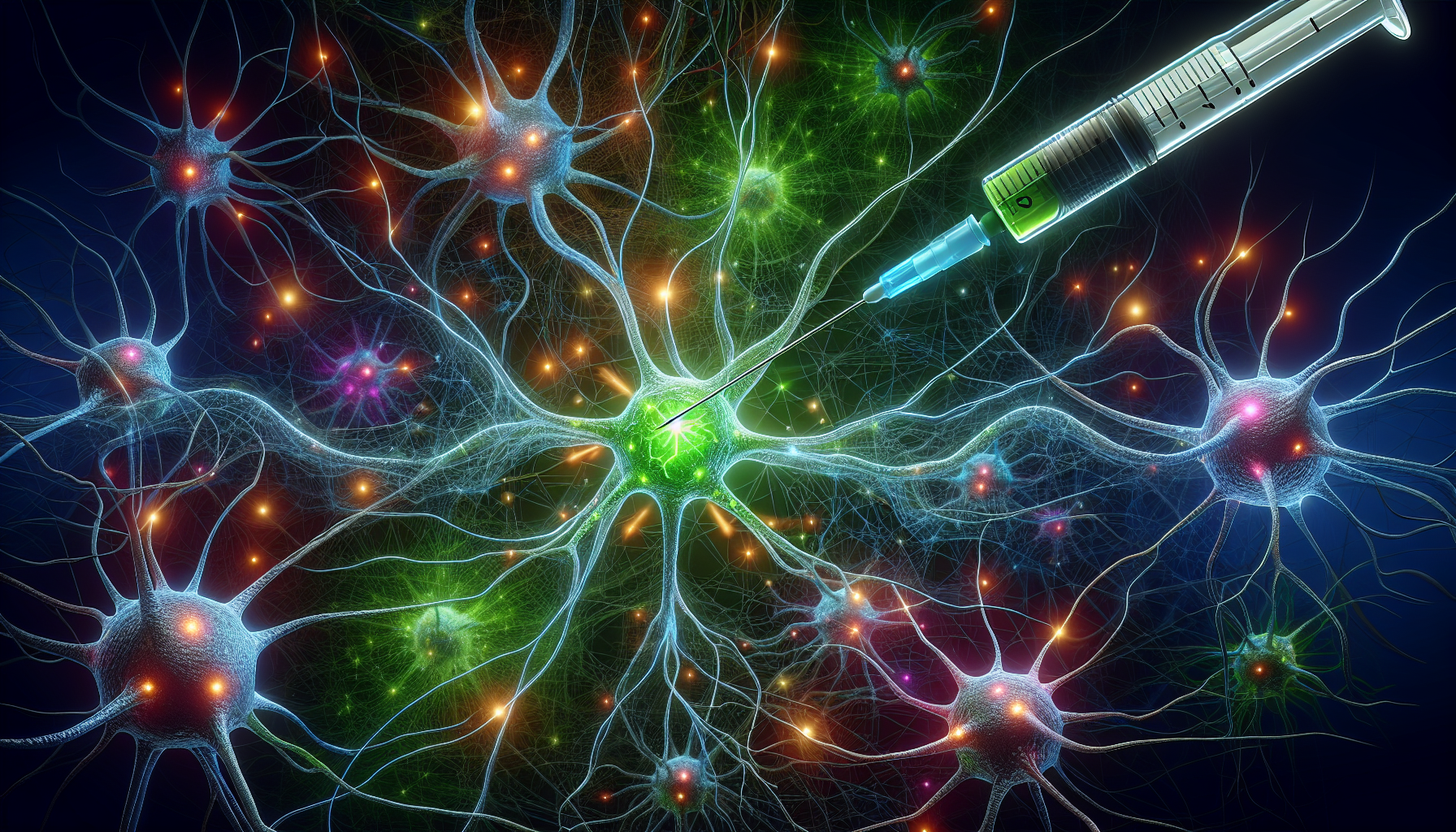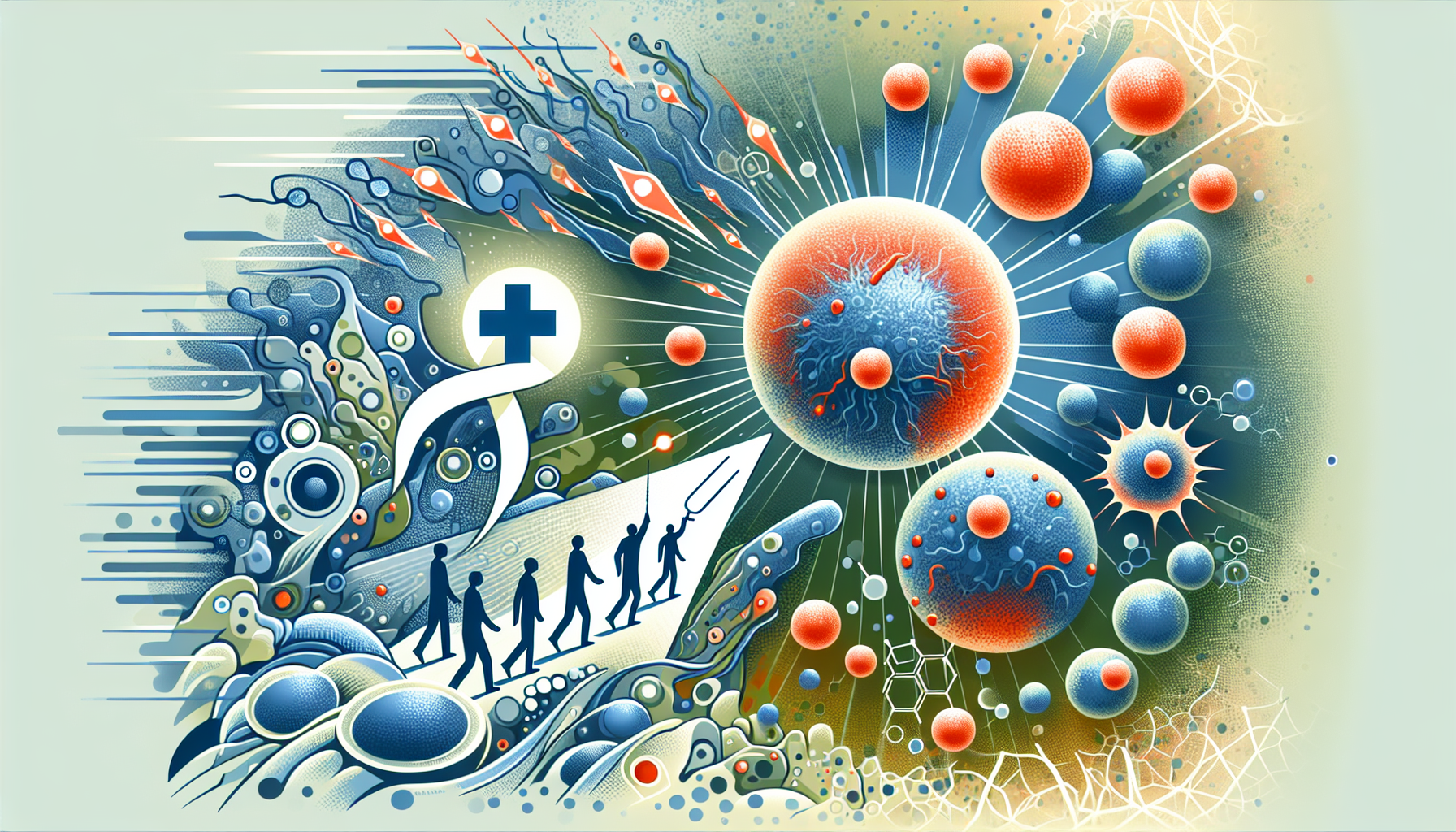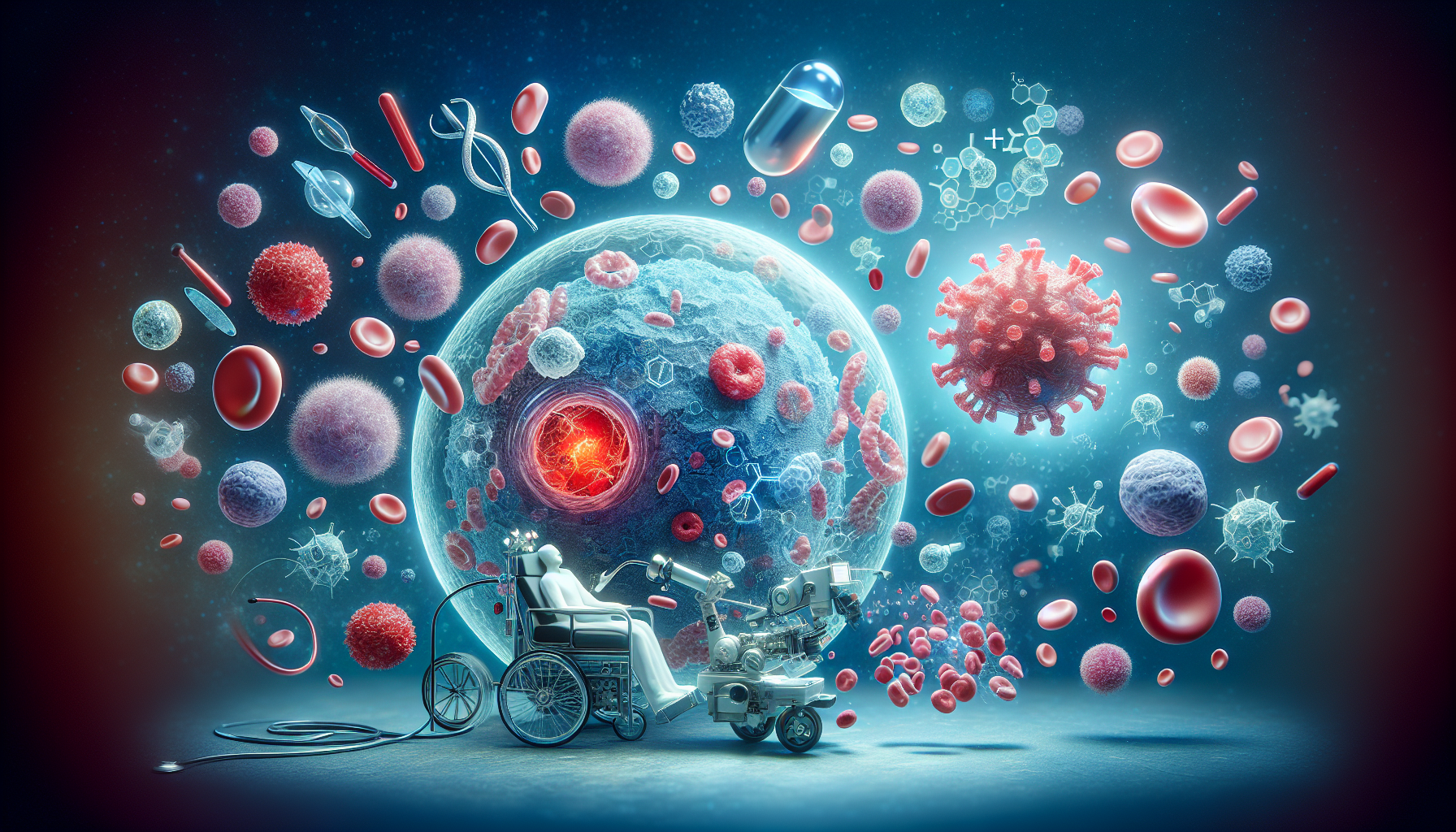Exciting Advances in Treating Leukemia with CAR T-Cell Therapy
Key Takeaways
- CAR T-cell therapies are making significant strides in treating both pediatric and adult ALL.
- New therapies like obe-cel and WU-CART-007 offer promising future advancements.
- Financial and logistical challenges continue to be a critical factor in therapy accessibility.
Did You Know?
Introduction to CAR T-Cell Therapy
CAR T-cell therapy is a groundbreaking treatment that uses specially altered immune cells to fight cancer. This innovative approach has shown remarkable promise in treating both pediatric and adult patients with acute lymphoblastic leukemia (ALL).
FDA Approvals for CAR T-Cell Therapies
In recent years, the FDA approved two significant CAR T-cell therapies. In 2017, tisagenlecleucel (Kymriah) was approved for patients up to 25 years old with B-cell precursor ALL that is unresponsive to other treatments or has relapsed. This approval was based on the impressive results from the ELIANA trial.
Later, in 2021, brexucabtagene autoleucel (Tecartus) received approval for treating adults with relapsed B-cell precursor ALL. The ZUMA-3 study supported this decision, highlighting its effectiveness.
Challenges in Pediatric ALL
One challenge in treating pediatric patients with ALL is that many pharmaceutical companies have scaled back trials for new CAR T-cell products. However, real-world data from consortiums is helping to identify which patients benefit the most from these therapies and how to manage potential relapses post-treatment.
New Developments in CAR T-Cell Therapies
A new CAR T-cell product, obecabtagene autoleucel (obe-cel), is under investigation. Developed in the UK, it has a unique design that could enhance T-cell persistence and potentially improve safety. Its clinical trials are now expanding globally.
Addressing T-Cell ALL
T-cell ALL, common among adolescents and young adults, is an area of concern. Although intensive chemotherapy can result in high remission rates, relapsed patients face grim odds. Here, the investigational WU-CART-007 therapy shows promise. This off-the-shelf allogeneic CAR T-cell therapy uses donor cells modified by CRISPR to reduce adverse effects.
Recent Trial Results
Initial results from a phase 1/2 WU-CART-007 trial presented at the ASH Annual Meeting showed encouraging outcomes. Patients, including some pediatric cases, responded well, and some were able to proceed to allogeneic transplants after achieving remission. This success has led to plans for further trials aiming for FDA approval.
Financial and Logistical Challenges
The cost of CAR T-cell therapies is significant. Efforts are ongoing to streamline insurance approval processes to ensure rapid access to treatment for patients. Overcoming these financial barriers is crucial to making these therapies more accessible.
Future Directions
Research continues to focus on optimizing CAR T-cell therapies, improving response rates, and reducing toxicity. Identifying patients who will benefit the most from these treatments and ensuring long-term remission are key goals.
Collaboration and Consortia
Collaboration among various research groups, including the Children’s Oncology Group, plays a vital role in advancing CAR T-cell therapies. These efforts help in understanding long-term outcomes and refining treatment protocols.
Conclusion
The advancements in CAR T-cell therapies represent a significant leap forward in treating acute lymphoblastic leukemia. While challenges remain, ongoing research and collaboration continue to improve outcomes and bring hope to patients and their families.






